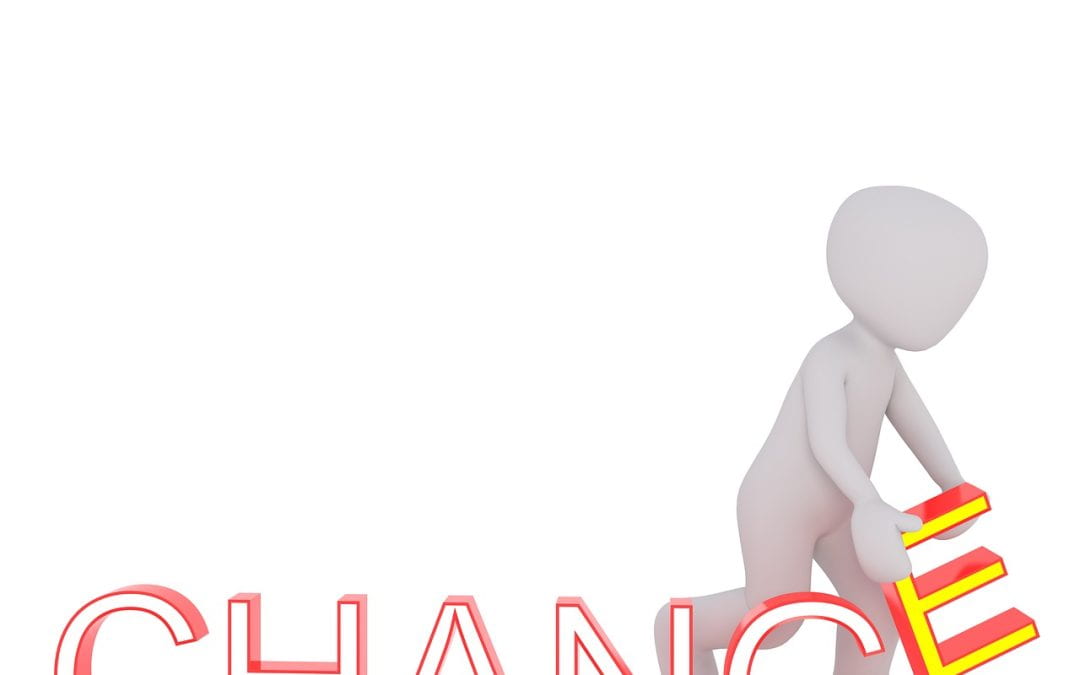Article Link
https://www.jstor.org/stable/40890944
In an article by Sabrina Hope King and Audra Watson, they discuss the necessity of improving the quality of education in American schools, focusing on the individual and providing effective learning strategies to all students. Their article is aptly named “Teaching Excellence for All Our Students” as they put a strong emphasis on the idea that all students deserve a quality education and a method of learning that is appropriate for the individual. Some of the ideas this article specifically focuses on are teaching ‘excellence’ to students, empowerment, and “connecting to students’ lived experiences”.
When writing on empowering students, King and Watson state that “Accomplished teachers are knowledgeable about, and are committed to reversing the educational inequity that persists in the United States.” (King & Watson). They believe that teachers are accountable for breaking this theme and providing individual opportunities to succeed inside their classrooms. They suggest that teachers carry themselves in a way that they are proud of as they are ultimately a role model for students and that teaching ‘excellence’ starts with the behaviors of the teachers (King & Watson). Their article also claims that empowering students requires treating students as equals in the classroom and not allowing socio-economic factors to invade the classroom, writing “[Teachers] do not place blame on factors outside of the teachers’ or students’ control. They do not attribute students’ performance-or to the effectiveness of their own teaching-to poverty, uninvolved parents, single-parent families, violence, gang affiliation, limited resources, visionless or ineffective school leadership…” (King & Watson) Essentially, the authors believe that strong and empowering teaching takes personal responsibility to not only act as an ‘excellent’ role model but to also see every student as an individual and not allow outside factors to get in the way of providing the best educational experience possible.
Providing an educational and equal classroom in order to teach excellence is not all that King and Watson claim as requirements, they also believe that connecting with students’ “lived experiences” is crucial. On this topic, the pair write,”…accomplished teachers are able to plan and implement lessons that at once demonstrate knowledge of content, knowledge of learners’ characteristics, and knowledge of their ability to engage and support learners with varying instructional needs.” (King & Watson). This claim suggests that teachers need to also know and understand their students on a personal level in order to facilitate excellent teaching that is conducive to an equal learning environment. Being able to connect to these ‘lived experiences and student individuality will better allow teachers to impose excellence on their students.
King and Watson’s article provides a unique perspective and a chance for educators to reflect on their own practices and wonder if they are truly doing all they can to ‘teach excellence’. While the article can be critical of the American educational system in some aspects, it is still a great resource for critically evaluating one’s own teaching methods. When considering that teachers are uniquely responsible for educating the rising generations, strong and sometimes critical analysis of their own teaching methods is always important to ensure they are providing the best education they possibly can.
Picture Credits
https://sites.vmi.edu/expeditionary-learning/files/2022/09/learn_1663083231.jpg


Noah,
Good choice. I wonder if you saw clear connections to bell hooks discussion of self-actualization for teachers in order to practice/ model freeing practices. This is an equally liberators approach, and note it was written in 2010, so things have changed, and yet they have also stayed the same. School equity continues to be a challenge, especially with public schools and teachers under assault. Still, I agree with them taking an opportunity to critically engage teaching practices and address populations that have less support.
Remember to include the full citation at the bottom, including the journal title which is:
Theory Into Practice, vol. 49, No. 3, Accomplished Teaching as a Professional Resource (Summer 2010), pp. 175-184
best regards, MAJ Hodde